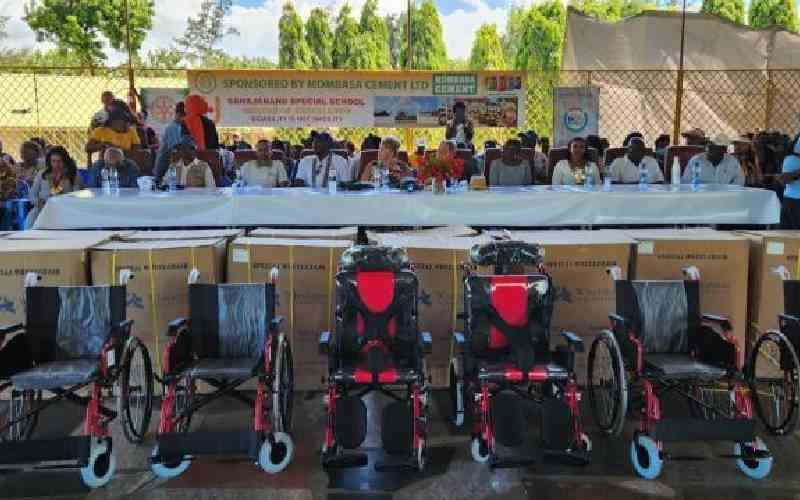A new era of giving: Bill Gates' blueprint for Africa and beyond | TheCable
Gates’ drive stems from a profound conviction. Reflecting on Andrew Carnegie’s 1889 essay, The Wealth, he recently wrote, “Carnegie argued that ‘the man who dies thus rich dies disgraced.’ I have spent a lot of time thinking about that quote lately. People will say a lot of things about me when I die, but I am determined that ‘he died rich’ will not be one of them. There are too many urgent problems to solve for me to hold onto resources that could be used to help people.” This clarity of purpose offers a lens through which African nations, businesses, and individuals can reimagine their contributions to society.
The impact of Gates’ work is tangible. Through support for Gavi, the Vaccine Alliance, the Foundation has helped immunise over 1 billion children and avert 17 million deaths since 2000. In Africa, where health challenges like malaria persist, Gates’ investments have bolstered child survival rates. Polio, once a widespread threat, has been reduced to a handful of cases globally, thanks in part to his funding. The scale of this influence might equate to enhancing the prospects of a population the size of Nigeria- over 220 million people. Gates’ approach- strategic, data-driven, and focused on measurable outcomes- shows what is possible when resources are paired with vision.
African leaders can draw inspiration from this. Across the continent, governments are already investing in health and education, but Gates’ example highlights the value of partnerships. By collaborating with philanthropists and the private sector, leaders can amplify their impact, channeling resources to where they are needed most. Corporate Nigeria, for instance, has made strides in health and education, demonstrating the potential for such synergies. Gates’ lens encourages a collective approach, where public and private efforts align to address systemic challenges.
Corporate Africa, too, can find a blueprint in Gates’ work. Companies like Airtel, MTN and Safaricom have launched impactful social initiatives, from digital education to community health programmes. Gates’ model invites them to deepen these efforts, embedding philanthropy into their core strategies. Imagine the possibilities if more African companies adopted this mindset, using their platforms to drive education, innovation, and sustainability. The result would be a continent-wide movement, where businesses act as catalysts for progress, complementing governmental efforts.
For the global corporate world, Gates offers a similar invitation. His focus on outcomes- whether reducing disease or improving education- shows how businesses can contribute meaningfully. By prioritising social impact alongside profit, companies can become forces for good, addressing global issues like climate change and inequality. Gates’ example is a reminder that corporate success and societal progress need not be at odds; they can, and should, go hand in hand.
Yet the most profound lesson lies in the power of individual action. During my time at Airtel, I saw this firsthand through Airtel Touching Lives, a programme that ran for seven seasons. We began modestly, supporting underserved communities with education and healthcare initiatives. What struck me was how small contributions- whether funding a classroom or providing medical supplies- created ripples of change. Even more inspiring was how these acts encouraged others to give, amplifying our impact. This taught me that we need not match Gates’ resources to make a difference. Offering time, skills, or simply a voice for advocacy can be just as transformative.
Gates’ legacy is a call to all of us- African nations, businesses, and individuals- to see ourselves as stakeholders in a shared future. Governments, businesses, and citizens could unite to channel diverse contributions- financial or otherwise- toward common goals. The result would be a reimagined philanthropy, one that harnesses collective strengths for the greater good.
As individuals, we can each embody Gates’ spirit of altruism. His work reminds us that impact begins with intent, not scale. We may not command his wealth, but we can offer what we have- be it time, expertise, or influence- to better our immediate environments. In doing so, we become forces for positive change, inspiring others to follow. Gates has shown what is possible; now, it is up to us to take up the mantle, proving that we all have a role in shaping a brighter future.
Bayagbon, a communications and digital innovation strategist, can be reached on [email protected]
Views expressed by contributors are strictly personal and not of TheCable.










